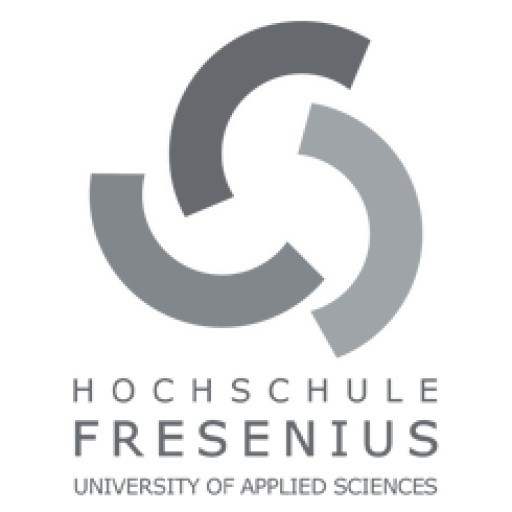Photos of university / #universitaet.tuebingen
Economics and Finance at the University of Tübingen offers a comprehensive and rigorous academic program designed to equip students with a deep understanding of economic theories, financial markets, and quantitative analysis. The program combines foundational principles with advanced topics, enabling graduates to analyze economic and financial phenomena critically and to develop innovative solutions to complex issues facing contemporary economies. Students will explore core subjects such as microeconomics, macroeconomics, econometrics, and financial management while also gaining insights into global economic policies, market regulation, and international finance. Through a blend of lectures, seminars, and practical applications, the program emphasizes empirical analysis and data-driven decision-making. Moreover, students have opportunities to engage in research projects, internships, and collaborations with industry partners, fostering a well-rounded skill set applicable to various careers in finance, economic policy, consultancy, and academia. Taught by experienced faculty members renowned for their research, the program ensures students are well-prepared for the challenges of today’s dynamic financial environment. The curriculum also promotes international perspectives, preparing students to operate effectively in global markets. Graduates will possess not only theoretical knowledge but also practical skills necessary for competitive roles within financial institutions, government agencies, and consulting firms. Emphasizing critical thinking, analytical proficiency, and ethical considerations, the Economics and Finance program at the University of Tübingen aims to nurture responsible professionals capable of contributing to sustainable economic development. Access to modern facilities, a vibrant academic community, and a diverse student body further enriches the learning experience, making this program an excellent choice for those aspiring to excel in economics and finance.
Educational organisation
To allow for tailor-made personal curricula and research agendas, each programme features specialisation courses. You may choose to further your specialisation in a certain field or to broaden your education by attending courses of a complementary nature, including interdisciplinary elements.We place great emphasis on active student involvement. Attending a Master's seminar, you will earn credits by writing a research paper on a topical issue of economics, econometrics or finance, and by presenting your paper in class. Most importantly, you will write a Master's thesis on a topic agreed upon between yourself and your thesis supervisor. Working on your thesis under the dedicated supervision of a faculty member will allow you, with due effort, to move up to the frontier of academic research. In doing so, you will acquire methodological skills and expertise that greatly enhance your career perspectives, including a possible continuation of your education in an excellent PhD programme.
Internships
Although there is no compulsory internship, a specialised office will assist students in finding an internship if they so wish.Forms of assessment
Written and oral examinationsAssignments
Course objectives
We are committed to a Master's degree that enjoys a high international reputation. Our programmes give you the opportunity to achieve a competitive edge on the job market for professional economists. Graduates may aim for executive careers in business and finance as well as for administrative positions in the public sector and international institutions. Moreover, careers in economics typically include policy advice, publishing, consulting and research.Graduates will find themselves well-positioned for an academic career. You may complete any one of these programmes on a PhD track.
Language requirements
1) EnglishForeign and German applicants: TOEFL ibt: 80 or TOEFL pbt: 550 or IELTS: 6.0 or Cambridge: CAE or TOIEC: 700 or UniCert III certificate or Bachelor's degree from an English-speaking country
2) German is not required. However, German classes are available.
Academic requirements
Applicants for the MSc in Economics and Finance are expected to have sound intermediate knowledge of economics, finance, statistics/econometrics/mathematics, and micro- and macroeconomics. They must hold a Bachelor's degree in economics, business administration, or any related field, preferably a degree that amounts to 180-210 ECTS credits.Enrolment fees
142.10 EUR per semesterCosts of living
The average necessary allowance for a student at the University of Tübingen is 700 EUR per month.Arrival support
Orientation weekStudy counselling
Several student advisers are available who will be glad to help participants in all questions regarding their Master's programme and their stay in Tübingen. The student body (Fachschaft) offers numerous welcoming events specially for Master's students.







